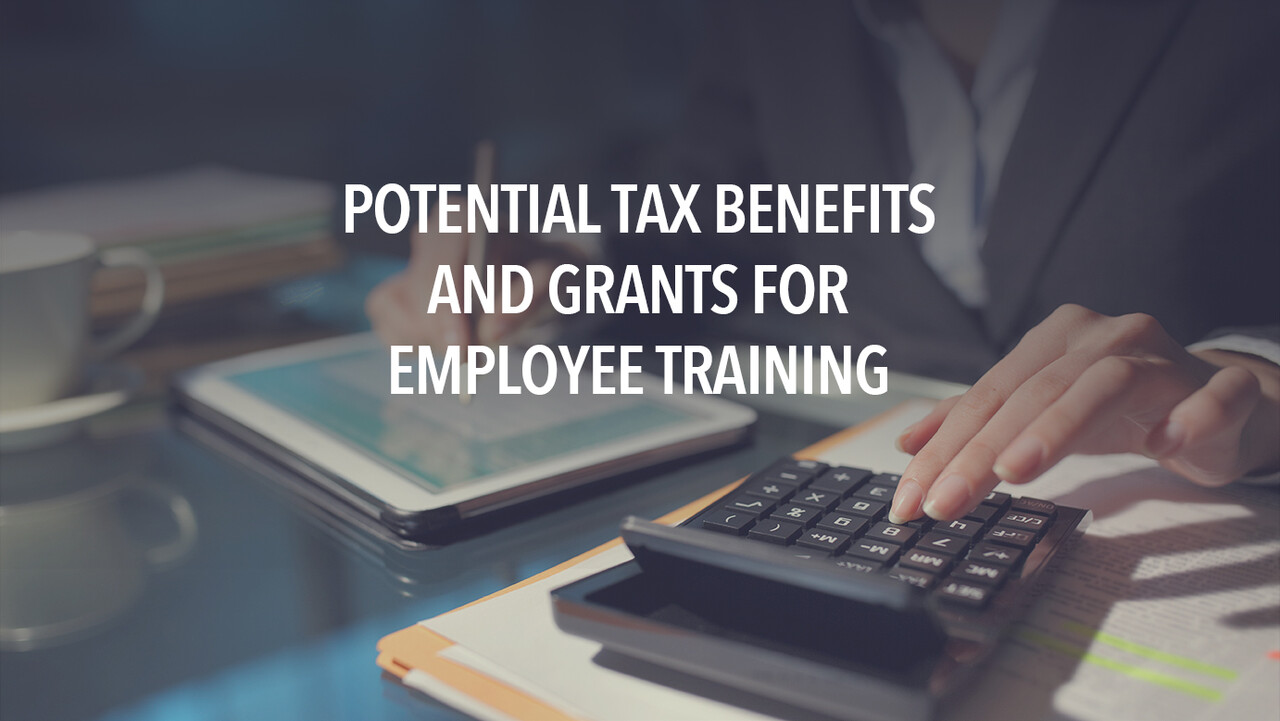- For the public sector
- For enterprises
- Solution overview
- Empower your teams
- AI Impact and Maturity diagnostic
- Unlock a 100% free pipeline of Amazon-trained talent
- Unlock a 100% free pipeline of Amazon-trained talent Recruit Amazon-trained talent at zero cost. Unlock a 100% free pipeline of MENA-trained talent
- Unlock a 100% free pipeline of Amazon trained talent for Germany
- Unlock a 100% free pipeline of Amazon trained talent for the UK
- For individuals
- Resources
- About us
-
Solution overview
Close critical data and digital skills gaps with custom workforce development programs.
-
Unlock a 100% free pipeline of Amazon-trained talent
Recruit Amazon-trained talent at zero cost.
-
Unlock a 100% free pipeline of MENA-trained talent
Access highly skilled professionals trained for real-world enterprise needs — at no cost.
-
AIM diagnostic
Benchmark your organization’s AI Maturity and scale the impact of AI at your firm with the AI Impact and Maturity (AIM) diagnostic.
-
Unlock a 100% free pipeline of Amazon trained talent for Germany
Access highly skilled professionals trained for real-world enterprise needs and available for roles in Germany — at no cost.
-
Solution overview
Develop the technical skills that Fortune 500 enterprises and the public sector want.
-
U.S. Department of State (Cyber Advance for Women in MENA)
Build your skills and launch your career in Cybersecurity.
-
USAID Jordan (Tech for Jobs)
Increase your data analytics capabilities with this free program.
Potential Tax Benefits and Grants for Employee Training
Even with a recession looming, odds are good that your staff needs — and wants — professional development. So, let’s look at the potential tax benefits of employee training.

Have you flown through an airport this summer? Did you wait in long lines to get through U.S. Customs? Did your flight get delayed because of staff shortages? Did your bag get lost?
We've entered a new age of worker mobility, wherein the world's workers are advocating for themselves and seeking meaningful careers that will be more fulfilling and fruitful now — and for years to come.
To keep employees, you need to show them that you want to keep them. And what's the best way to show your workers you care? Invest in them.
Yes, even during a recession with inflation rising, investing in your talent — especially the "people stack" you need to drive your company's data transformation — is critical. Because curtailing investment in talent development now risks shortchanging your organization down the road.
But here’s the thing: The government is willing to lean in a little to help many employers. You (and your accountants) just have to know where to look.
The Federal Tax Benefits of Employee Training
Many people are familiar with tax credits, deductions and savings plans that individuals can use to help taxpayers with their expenses for higher education. And most employers are aware that, through Section 127 of the tax code, they can deduct tuition reimbursement expenses.
However, fewer people realize that there are other tax breaks available to employers for employee training — even though SHRM reports that “favorable tax treatment for qualifying educational assistance programs has existed by law since 1978.”
“If you pay or reimburse education expenses for an employee, you can deduct the payments if they are part of a qualified educational assistance program.”
Furthermore, the Tax Foundation notes, employers may:
“… deduct certain qualified education and training expenses for tax purposes, and certain qualified educational benefits are excludable from the taxable portion of employees’ wages. Generally, at the firm level, only education expenses which improve worker skills for their current positions are deductible. If the education would qualify workers for a new type of work, the expenses are not deductible.”
For over the last decade, the maximum allowable deduction for an individual employee’s educational assistance is $5,250.
Additional Federal Considerations
Does the number above ring a bell? $5,250 is also the maximum that an employer can deduct for paying an employee’s college tuition in any given year.
And it’s the same amount that Section 2206 of the 2020 CARES Act allows as an exclusion if an employer pays principal or interest on an employee’s “Qualified Education Loan.”
Although the Biden administration’s Build Back Better plan is struggling at press time, it’s conceivable that rising inflation coupled with a recession could lead to more opportunities for businesses to scaffold employee training through new tax incentives. Indeed, per The White House in 2021, the original Build Back Better program included language around a need to “build the capacity of the existing workforce development systems.”
Of course, if the country soon finds itself recovering from the pandemic, inflation, and a new recession simultaneously, lawmakers may unlock new ways for businesses to leverage federal tax breaks and funds to support employee training programs. (Stay tuned.)
State-Level Considerations
Did you know that your state’s workforce agency receives state and/or federal funds for distribution to support workforce training? Or that there may be special statewide programs designed to help employers upskill employees.
For example, your company’s home state may incentivize employee training endeavors through incentives like Massachusetts’ HireNow. Or perhaps yours is a qualifying company based in New York, which offers tax credits for employers who pay for training that “upgrades, retrains, or improves” staff productivity. Meanwhile, Arkansas offers multiple workforce development grant categories that target customized technical training, professional development, and skills gaps.
Given that a current Correlation One client receives a reported $10,000 per data analytics trainee from their state’s workforce development program, state grant opportunities are worth exploring, recession or no.
To Sum Up
Even in a turbulent economy, companies may advance their staff development goals by taking advantage of existing tax breaks offered for employee training. There may be relevant state tax breaks and grants, too.
As you puzzle through your options, you’ll understandably want to work closely with an experienced team (including a CPA or tax lawyer) who can help you navigate the particular federal and state guidelines relevant to your organization.
Of course, should you decide that investing in corporate data skills training specifically aligns with your organization’s needs, we’d love to talk with you about our scalable, customizable enterprise training solutions.

.png?width=207&height=108&name=Mega%20menu%20%E2%80%93%20Featured%20Image%20Template%20(1).png)

 Poland
Poland
 Japan
Japan


